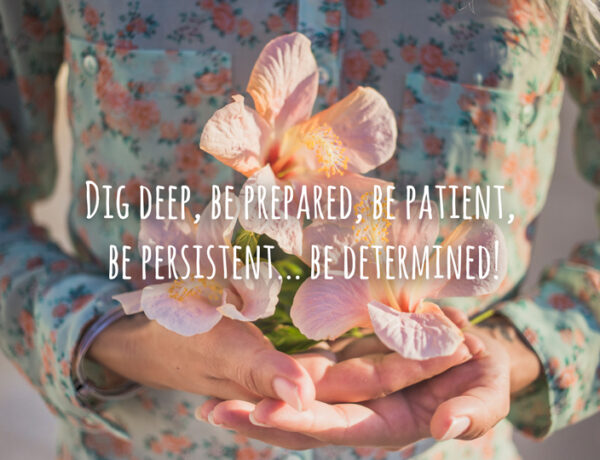I was reading an article about Alesha Dixon when the words “Impostor Syndrome” flew across my screen.
I have heard of this condition before but never really researched it. Boy….I sure was surprised.
Over 70% of us will experience Impostor Syndrome at some point. It affects women nearly twice as often as men. Emma Watson, Sheryl Sandberg and Natalie Portman have all spoken about their struggles with the condition.
The Fabulous Maya Angelou once said,
“I have written 11 books, but each time I think, ‘Uh oh, they’re going to find [me] out now.’”
Impostor Syndrome is a psychological pattern in which an individual doubts his or her accomplishments and has a persistent internalised fear of being exposed as a “fraud”.
The idea that you’ve only succeeded due to luck, and not because of your talent or qualifications—was first identified in 1978 by psychologists Pauline Rose Clance and Suzanne Imes. In their paper, they theorised that women were uniquely affected by Impostor Syndrome.
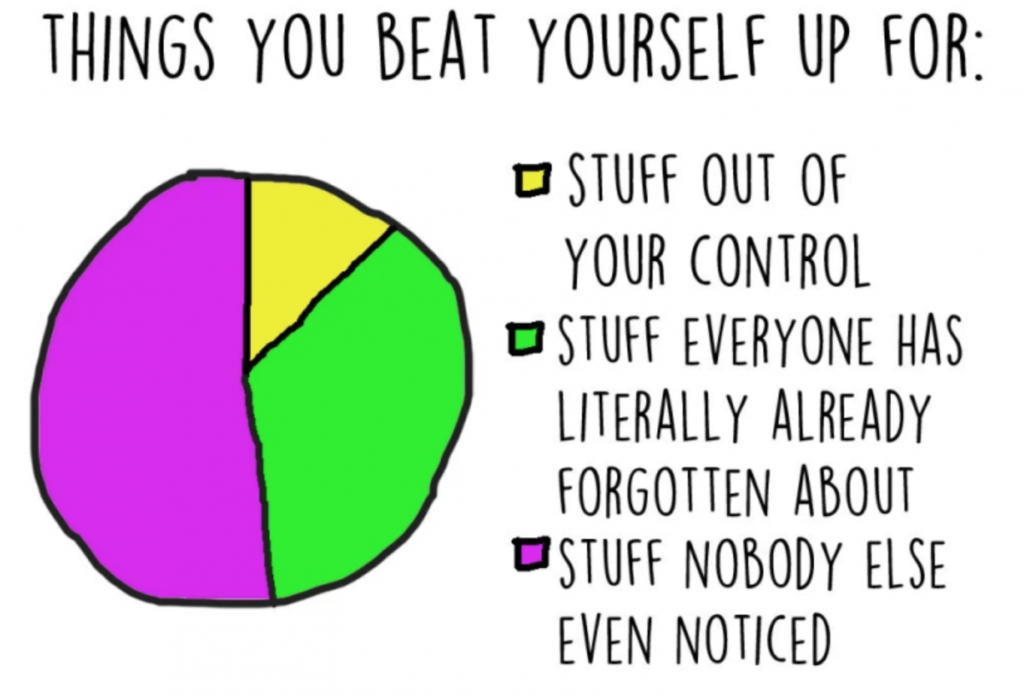
Impostor Syndrome manifests in a variety of ways. Valerie Young, who is the author of a book on the subject, The Secret Thoughts of Successful Women, has found patterns in people who experience impostor feelings:
- “Perfectionists” have extremely high expectations for themselves, and even if they have amazing accomplishments, will feel like failures if they make any small mistake.
- “Experts” have to be absolutely prepared before doing anything and have to constantly look for ways to improve their skills. They are terrified of looking dumb so will not participate unless they are certain they know the answer.
- A “natural genius” operates under the premise that if they have to struggle to do something, then they aren’t good enough. They expect themselves to be able to accomplish things easily and when they have to work hard for something, their brain uses it as proof of being an imposter.
- “Soloists” feel they have to accomplish everything on their own, and if they can’t then they’re a fraud.
- “Supermen” or “superwomen” push themselves to the brink of exhaustion to prove that they’re not fakers. They have to be successful in EVERYTHING without exception.
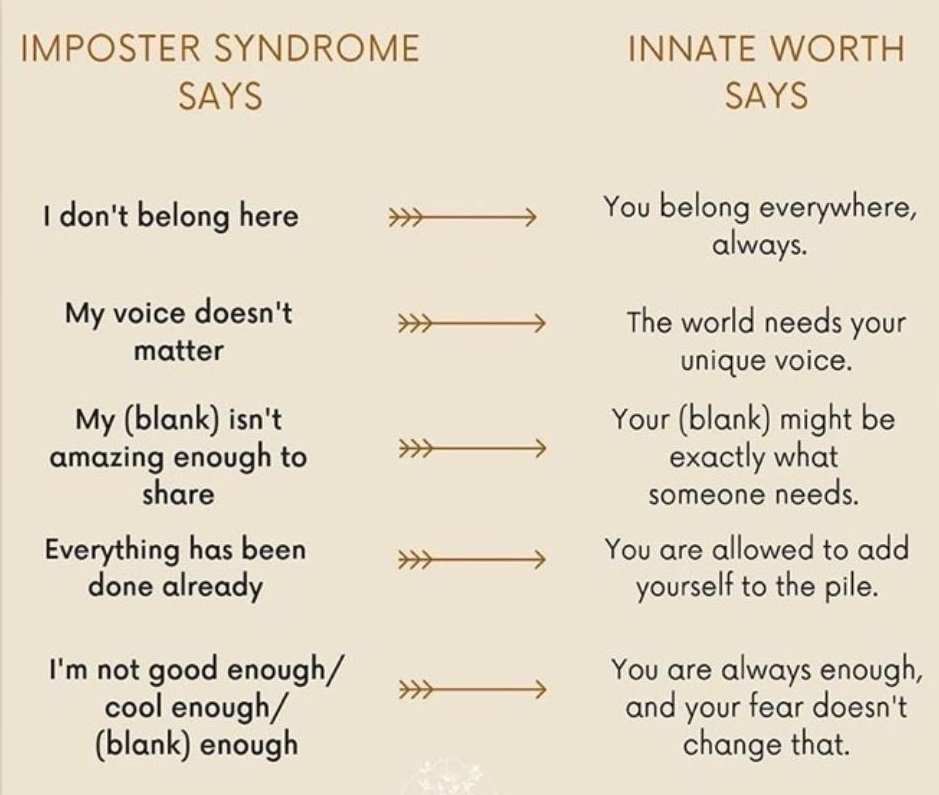
Alesha Dixon says her Impostor Syndrome got so bad that “even picking up the phone” terrified her.
Dixon has said that she’s suffered for many years with Impostor Syndrome and at one point she became so “nervous” that even basic communication was scary.
“It was quite crippling, it was something that really did hold me back, massively. Picking up the phone made me feel so scared and nervous to the extent that sometimes I didn’t do it. It could be anything, just picking up the phone to book a dance class.
Alesha Dixon Daily Mail
“Even though I was petrified of most things, I would still throw myself into it. And I think that’s where the confidence came from.
Alesha Dixon Daily Mail
Any of this sound familiar? How do you even begin to handle Impostor Syndrome?
The first step is to ask yourself some difficult questions.
- “What do I believe to be true about myself?”
- “Am worthy of love as I am?”
- “Must I be perfect for others to love me?”
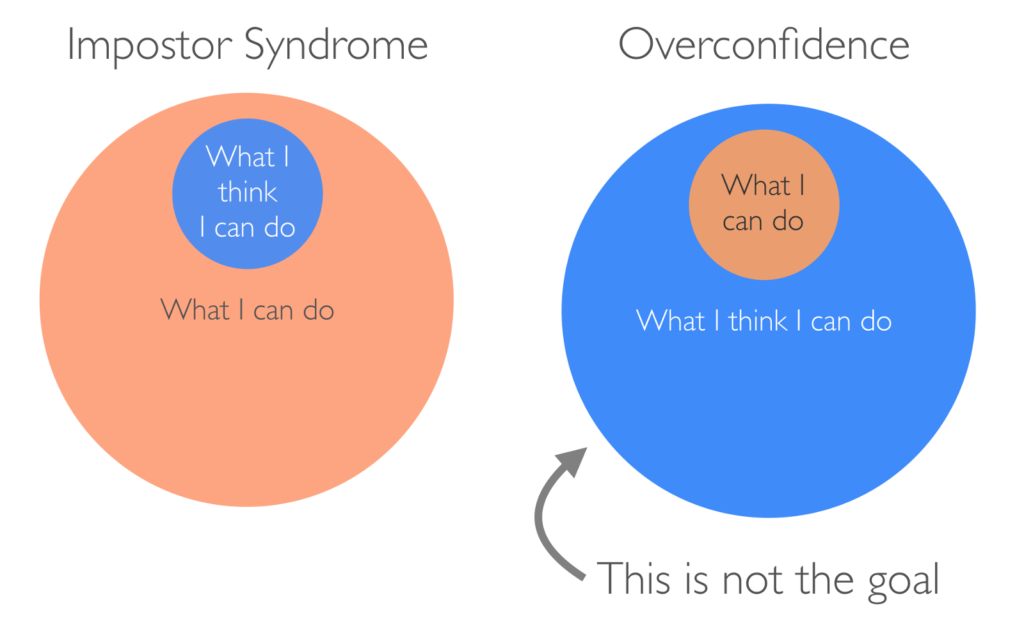
You need to start challenging some of these beliefs. It’s difficult because they have become comfortable and normal.
- Sharing. We don’t know something is irrational until we shine the light on it. Talk to others. Get feedback.
- Help others. If you got it, you can spot it. When you see someone who seems awkward or alone, include that person. It will help build your confidence.
- Look for truth. We get so mired in believing our own head that we may need help to challenge it. Get help making a realistic assessment of your abilities and accomplishments. Compare that with your self assessment. This is a huge step in decreasing Imposter Syndrome.
- Start slowly. Change your standards and expectations. The focus here is on doing things. That’s it. It’s not about grading your performance constantly, it’s simply about taking action.
- Challenge. Question whether your thoughts are rational. Make notes if necessary.
- NO comparing. Always comparing ourselves to others is toxic. Mindfulness comes into play here. When we’re only focused on judging ourselves, we are not fully present in our interactions.
- Reign in your social media use. I’ve talked before about how the images online spur low teen self esteem. It’s absolutely the same for us grown ups. We see everyone’s “perfect” lives and can feel inadequate. Stop that. THERE IS NO SUCH THING AS FACEBOOK PERFECT LIVES. Everyone has “stuff”. People only like to show the good stuff online.
- Accept yourself for where you are. Don’t fight the feelings of not belonging. Instead, try to lean into them and accept them. Be gentle with yourself.
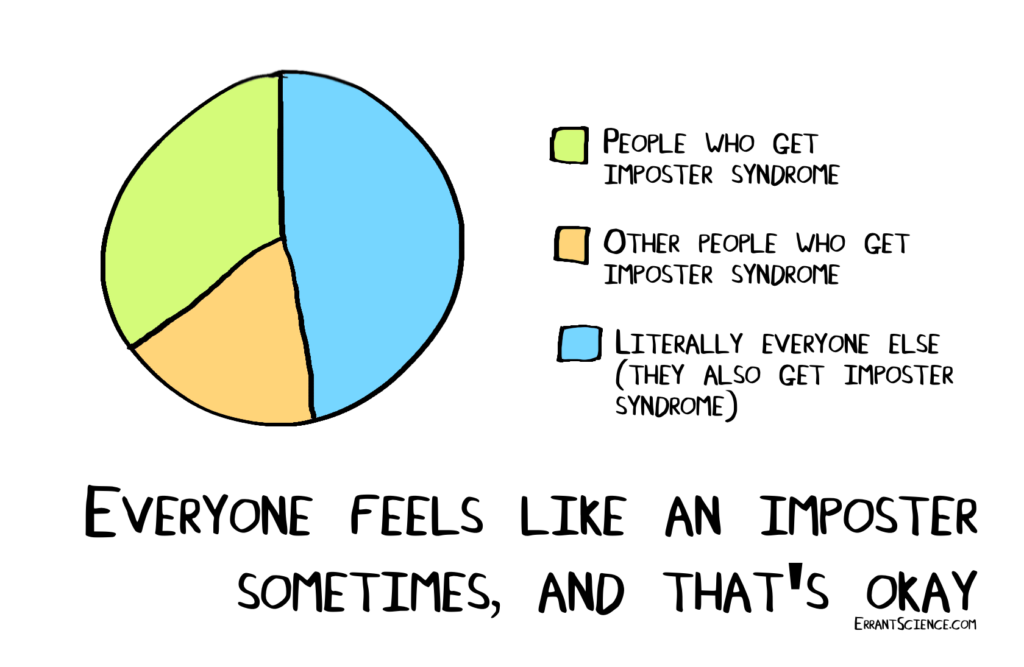
Can you relate to any of this? I’m sure you can. On MANY different levels and in different times in my life I’ve felt this kinda way. I think we ALL struggle with this at one point or another.
I’d love to talk about this with you. If we share it together, then we can challenge it together. Join the conversation on Facebook, Twitter, and Instagram.




